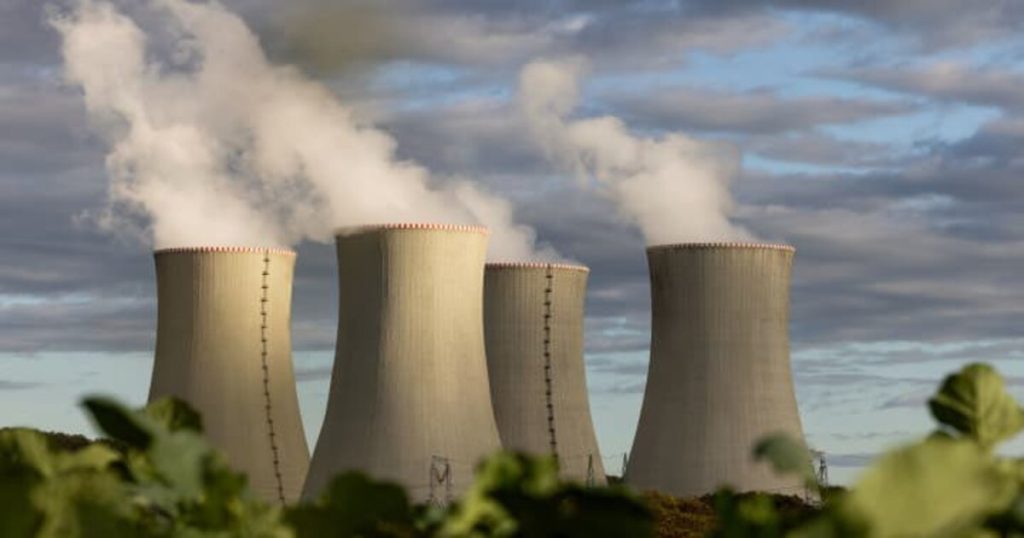Morocco has taken center stage at the headquarters of the International Atomic Energy Agency (IAEA) in Vienna, highlighting its substantial contributions to nuclear research and the training of African professionals in peaceful nuclear applications. As part of the IAEA Ministerial Conference on Nuclear Applications and Technical Cooperation, held from November 26 to 29, 2024, Morocco stood out as the sole African and Arab nation with a dedicated exhibit, sharing space with global powerhouses such as the United States, China, Brazil, and Germany.
Under the theme “Sharing Morocco’s Experience in Nuclear Sciences for Strengthening National Capacities in Africa,” the Moroccan exhibit showcased a wide array of initiatives spearheaded by its scientific institutions to disseminate expertise across the continent. This aligns with the vision of King Mohammed VI, emphasizing the importance of knowledge-sharing as a cornerstone of South-South cooperation.
IAEA Director General Rafael Mariano Grossi lauded Morocco’s partnership with the agency, emphasizing the Kingdom’s significant role in key sectors such as agriculture and health. Grossi described Morocco’s nuclear expertise as a vital asset for both national and regional development. Moroccan Ambassador Azzeddine Farhane, the country’s Permanent Representative to International Organizations in Vienna, underscored Morocco’s long-standing commitment to fostering meaningful South-South collaboration, guided by the directives of King Mohammed VI.
Hamid Marah, Director General of Morocco’s National Center for Energy, Science, and Nuclear Techniques (CNESTEN), emphasized the role of Moroccan scientific institutions in serving Africa. As part of the exhibit, Marah unveiled a scientific publication titled “Nuclear Sciences and Techniques for Sustainable Water Resource Management in Morocco.” The book consolidates over 25 years of research conducted by CNESTEN, the General Directorate of Hydraulics, and various Water Basin Agencies, demonstrating how nuclear and isotopic applications have been integrated to ensure the responsible management of water resources.
Organized in partnership with Morocco’s Permanent Mission in Vienna and the IAEA, the exhibit featured contributions from leading national institutions, including the Moroccan Agency for Nuclear and Radiological Safety and Security (AMSSNuR), CHU-Ibn Sina, the National Center for Scientific and Technical Research (CNRST), the National Institute of Agronomic Research (INRA), and the National Office for Food Safety (ONSSA).
The stand’s inauguration was attended by high-ranking officials, including Ivorian ministers Kobenan Kouassi Adjoumani (Agriculture) and Pierre Dimba (Health), along with Côte d’Ivoire’s Permanent Representative to International Organizations, Yacouba Cisse. Other prominent participants included the President of the African Group in Vienna, several IAEA officials, and Moroccan dignitaries such as Said Mouline, Director General of AMSSNuR, and Jamila Alamie, Director General of CNRST.
Morocco’s role in Africa’s nuclear future
Through this initiative, Morocco reinforces its position as a leader in nuclear science and its application for sustainable development in Africa. By showcasing its expertise and commitment to knowledge-sharing, the Kingdom continues to strengthen its partnerships and drive progress across the continent. From water resource management to healthcare and agriculture, Morocco is proving that nuclear technology, when applied responsibly, can be a powerful tool for regional development and collaboration.
